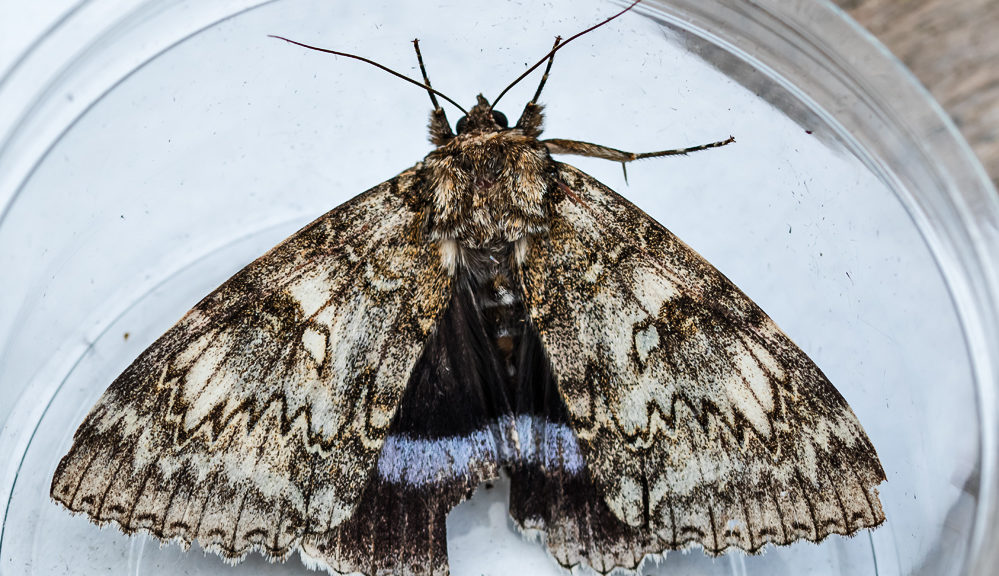The Telegraph reports British holidaymakers have been warned off going on shooting holidays to kill rare turtle doves, which migrate from the UK across Europe. At least least two British companies offer shooting holidays to Morocco, allowing interested parties to slaughter the endangered birds for fun in the country where it is legal to do so.
Shooters have been condemned as these are migratory birds who fly from the UK to Morocco – so those who kill the turtle doves are destroying the very birds the government is trying to protect. Turtle doves have suffered a 94 per cent UK population decline since 1995 and a 78 per cent decline across Europe since 1980. The RSPB has warned that the species could soon “be lost forever”.

